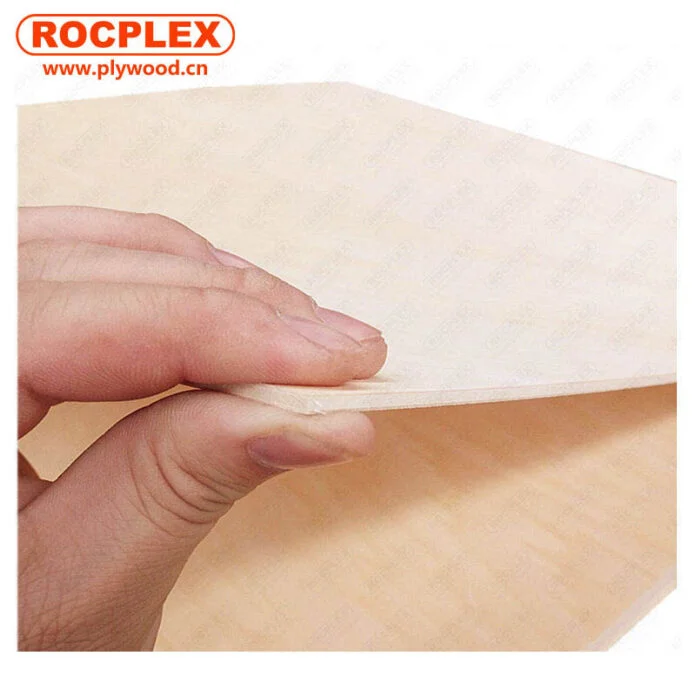Introduction
Plywood is a versatile and essential material widely used in construction, packaging, and various industries. One of its primary applications is in creating pallets, the foundational structures that facilitate the storage and transportation of goods. This article delves into the intricate process of supplying and packing plywood for pallets, exploring the manufacturing, selection, packing techniques, and the significance of pallets in logistics and supply chain management.
The Role of Plywood in Pallet Construction
Pallets serve as the backbone of modern logistics, enabling the efficient movement of goods across the globe. Plywood’s inherent strength, durability, and cost-effectiveness make it an ideal material for constructing pallets. Plywood panels provide a stable surface for stacking, safeguarding goods during transport, and simplifying loading and unloading processes.
Manufacturing Excellence: The Foundation of Supply
The journey of supplying plywood for pallets begins with manufacturing excellence. Plywood is engineered by bonding layers of veneer together with adhesives, creating a composite material that balances strength, stability, and flexibility. The choice of wood species, adhesive type, and manufacturing process directly impacts the final product’s quality and suitability for pallet construction.
Selection Criteria: Choosing the Right Plywood
Selecting the appropriate plywood for pallet construction is crucial. Various factors influence this decision, including load capacity, environmental conditions, and the intended use of the pallets. Exterior-grade plywood, often treated for moisture resistance, is commonly favored for pallets that will be exposed to outdoor elements or varying humidity levels.
Efficient Packing Techniques
Efficient packing techniques are essential to maximize the use of space and minimize waste during pallet assembly. Plywood sheets are cut and positioned strategically to minimize gaps and optimize load distribution. These techniques ensure that each pallet can accommodate the intended load while maintaining stability and balance.
Environmental Considerations
Sustainability is a growing concern in pallet manufacturing. The choice of plywood has implications for both the environment and the overall lifecycle of the pallets. Suppliers and manufacturers increasingly prioritize sustainable practices by sourcing wood from responsibly managed forests and exploring eco-friendly adhesives that minimize environmental impact.
Strength and Load Capacity
Plywood’s strength plays a pivotal role in determining a pallet’s load capacity. The thickness of the plywood panels, the arrangement of layers, and the bonding quality directly influence the pallet’s ability to bear heavy loads without bending or breaking. Rigorous testing ensures that each pallet meets industry standards for load capacity and safety.
Customization for Specific Needs
The beauty of plywood lies in its versatility, allowing for customization to meet specific needs. Pallet design can be tailored to accommodate unique load shapes and sizes. This flexibility ensures that industries such as automotive, retail, and manufacturing can optimize their supply chains by using pallets that align with their requirements.
Advancements in Pallet Design
Pallet design has evolved over the years to adapt to changing logistical needs. Innovations include the development of pallets with enhanced ergonomics, stackability, and compatibility with automated handling systems. These advancements address challenges related to storage efficiency, loading processes, and the overall optimization of supply chain operations.
Logistical Significance of Pallets
Pallets play a critical role in logistics and supply chain management. Their standardized dimensions enable efficient stacking, storage, and transportation of goods. Pallets streamline loading and unloading processes, reduce the risk of damage to products, and facilitate the movement of goods across diverse modes of transportation, from trucks and ships to airplanes and tr ins.
XUZHOU ROC INTERNATIONAL TRADING CO., LTD: A Leading Supplier
In the realm of supplying plywood for pallets, Xuzhou ROC International Trading Co., Ltd stands as a prominent player. With a commitment to quality and customer satisfaction, ROC Trading is a reliable source for top-tier plywood materials suitable for pallet construction. Their diverse range of plywood options, coupled with a dedication to sustainable practices, positions them as a partner of choice for industries seeking efficient and eco-friendly pallet solutions.
Conclusion: The Backbone of Efficient Logistics
Supplying and packing plywood for pallets is a multifaceted process that underpins the efficient functioning of modern supply chains. From manufacturing excellence to customization, load capacity, and sustainability, each aspect plays a vital role in ensuring that pallets fulfill their crucial role in the movement of goods across the globe. As logistics continue to evolve, plywood remains at the heart of these pivotal structures, shaping the way goods are stored, transported, and delivered worldwide.

